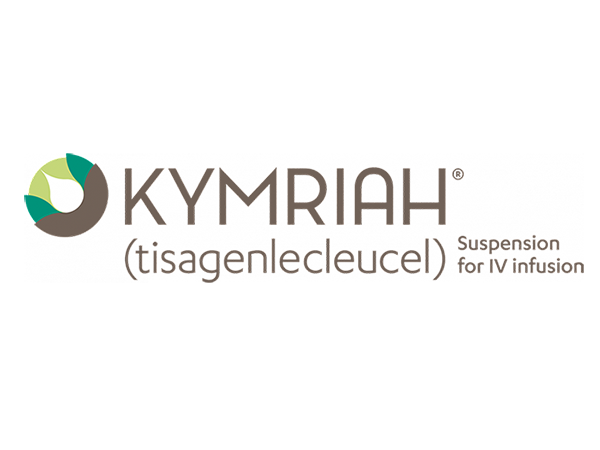Nearly five years ago, the cancer treatment Kymriah® made history as the first approved CAR T-cell therapy. Now there is more evidence supporting the promise of this cell and gene therapy as a “cure” for certain blood cancers.
Novartis, the manufacturer behind Kymriah, announced impressive five-year survival data for treating acute lymphoblastic leukemia (ALL) patients with this particular cell and gene therapy. Nearly half of the 79 patients in an ALL clinical trial have lived for at least five years without a relapse thanks to the CAR T-cell therapy.
Novartis announced that the 5-year relapse-free survival rate was 44%. This means nearly half of patients had no signs of cancer for five years. Other stats of note are:
- 82% remission rate (meaning the treatment worked for 82% of patients)
- 55% overall 5-year survival rate
- Median survival without relapse of 44 months (3 years, 8 months)
When most patients receive CAR T-cell therapy
CAR T-cell therapy is presented as an option for many patients with blood cancers once they have failed most available treatments. Kymriah, the brand name for tisagenlecleucel, is approved for:
- Acute lymphoblastic leukemia patients age 25 and younger with a cancer that is refractory or in at least the second relapse
- People with large B-cell lymphoma or follicular lymphoma after trying two other types of treatment
The FDA first approved Kymriah for ALL, in 2017. The agency also approved Kymriah for follicular lymphoma most recently.

These approvals usually require patients to try chemotherapy prior to the CAR T-cell therapy. If chemotherapy does not control or kill the blood cancer, patients usually move to a stem-cell transplant. Depending on how many relapses the patient has had, they might not be a candidate for a stem-cell transplant.
This leaves patients with either trying another round of chemotherapy, or looking into clinical trials. CAR T-cell therapy has emerged as a viable option for these patients. This group usually has a difficult-to-treat cancer with a short life expectancy – less than 10% reaching five years of survival.
Kymriah achieving a 44% 5-year relapse-free survival rate is quite impressive, as most patients reaching this milestone are effectively cured of their leukemia.
“These data mark a moment of profound hope for children, young adults and their families with relapsed or refractory B-cell ALL, as relapse after five years is rare. Since the approval of Kymriah nearly five years ago, we have been able to offer a truly game-changing option to patients who previously faced a five-year survival rate of less than 10 percent.” — Stephan Grupp, Director of the Center for Cancer Immunotherapy at Children’s Hospital of Philadelphia
Origin of Kymriah for acute lymphoblastic leukemia
Kymriah was the work of Carl June, MD, a member of ACGT’s Scientific Advisory Council. Nearly two decades ago, Dr. June began developing Kymriah as part of Penn Medicine’s Abramson Cancer Center. Alliance for Cancer Gene Therapy funded Dr. June’s science and helped him develop an effective CAR T-cell therapy and begin a historic clinical trial.

In 2012, a young acute lymphoblastic leukemia patient named Emily Whitehead enrolled in Dr. June’s phase 1 clinical trial for Kymriah. She became the first child to receive CAR T-cell therapy, receiving Kymriah through Children’s Hospital of Philadelphia, and is now alive more than 10 years later.
Emily’s story is an example of CAR T-cell therapy helping a patient seemingly with no options left. Emily, Dr. June and others at Children’s Hospital of Philadelphia were featured in a documentary at the Tribeca Film Festival this summer.



